On October 10, on the sidelines of the ASEAN meetings in Vientiane, Laos, Japanese Prime Minister Ishiba Shigeru, who took office on October 1, held his first bilateral talks with leaders from South Korea, China and India.
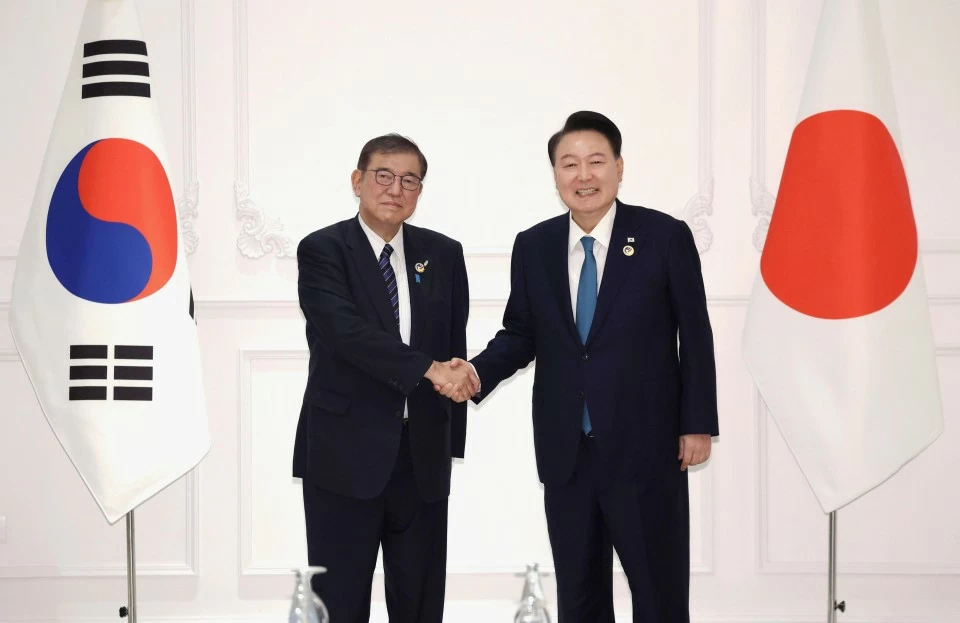 |
| New Japanese Prime Minister Ishiba Shigeru (left) and South Korean President Yoon Suk Yeol met for the first time in Vientiane, Laos, on October 10. (Source: Kyodo) |
Korea and Japan maintain high-level visits
Kyodo News Agency reported that during the meeting between Prime Minister Ishiba and South Korean President Yoon Suk Yeol, the two leaders agreed to continue maintaining high-level visits between the two countries and promote cooperation in many areas from security to economy.
Mr. Ishiba expressed his desire to build on the improvement in Japan-South Korea relations that improved under his predecessor Kishida Fumio, especially after Mr. Yoon Suk Yeol took office as South Korean President in 2022, after years of tension over wartime compensation and other disputes.
The Japanese government leader also mentioned close cooperation with President Yoon through the practice of "shuttle diplomacy", which was resumed under Mr. Kishida. Both sides agreed to further promote trilateral cooperation with their common security ally, the United States.
Japan's Foreign Ministry said the two leaders shared "serious concerns" about North Korea's nuclear and missile programs as well as progress in its military cooperation with Russia.
Building a mutually beneficial Japan-China relationship
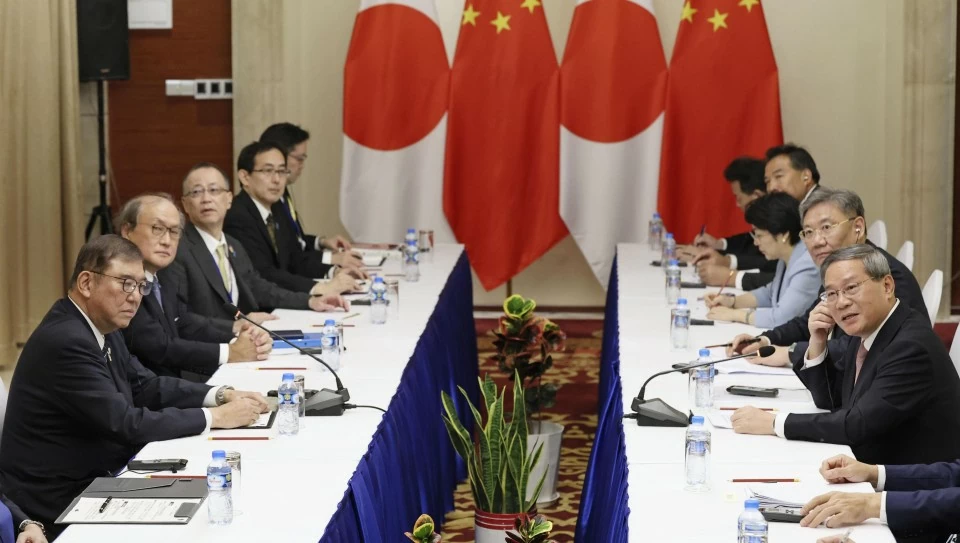 |
| New Japanese Prime Minister Ishiba Shigeru (far left) and his Chinese counterpart Li Qiang (far right) during bilateral talks in Vientiane, Laos, on October 10. (Source: Kyodo) |
At the meeting between Prime Minister Ishiba and his Chinese counterpart Li Qiang, the two sides agreed to promote "mutually beneficial relations based on common strategic interests", based on the results of the November 2023 meeting in San Francisco (USA) between Chinese President Xi Jinping and then Japanese leader Mr. Kishida.
Speaking at the meeting, Mr. Ishiba vowed to build a "constructive and stable" relationship with China, but also called on Beijing to act responsibly.
For his part, Premier Li Qiang stated that amid the volatile and turbulent international situation, China and Japan should make efforts to maintain healthy and stable development in bilateral relations, noting that relations between the two countries are at a crucial stage in the process of improvement and development.
The Chinese government leader also affirmed that Beijing is willing to cooperate with Japan to further promote each country's comparative advantages and explore new cooperation growth poles.
Japan-India towards a prosperous Indo-Pacific
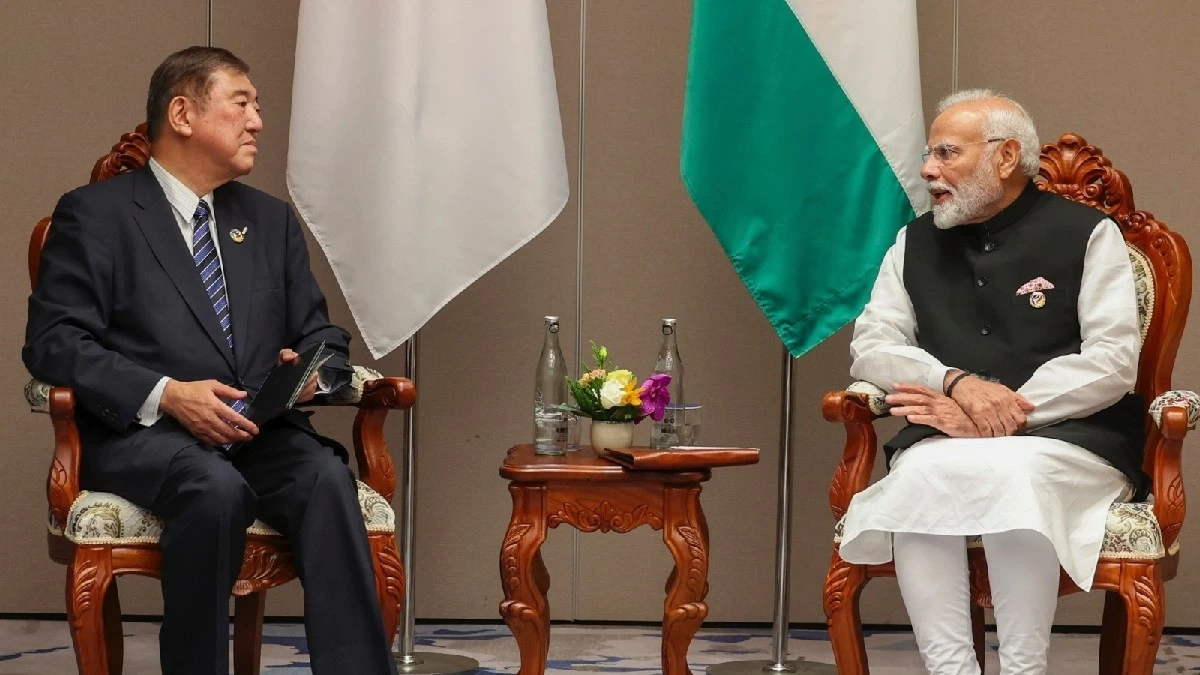 |
| Japanese Prime Minister Ishiba Shigeu (left) meets with Indian Prime Minister Narendra Modi in Vientiane, Laos, October 10. (Source: PTI) |
At the meeting between Prime Minister Ishiba and his Indian counterpart Narendra Modi, the two leaders reaffirmed their commitment to a peaceful, secure and prosperous Indo-Pacific region, and that Tokyo and New Delhi are important partners in this effort.
Prime Minister Modi expressed his commitment to the strategic relationship with Japan, and considered the Northeast Asian country, a member of the Quad (QUAD - including the US, Japan, Australia and India) group, a trusted friend.
The two leaders stressed the importance of working together to build a prosperous Indo-Pacific region, and pledged to strengthen the special and global strategic partnership between the two countries.
After the talks, Prime Minister Modi said that the two leaders' discussions revolved around enhancing cooperation in areas such as infrastructure, connectivity and defence, besides promoting cultural links between the two countries.
Meanwhile, Indian Foreign Ministry spokesman Randhir Jaiswal shared the results of the meeting, emphasizing that promoting relations between New Delhi and Tokyo is a top priority in the Act East policy of the South Asian nation of a billion people.
Source: https://baoquocte.vn/tan-thu-tuong-nhat-ban-va-cac-cuoc-gap-thuong-dinh-lan-dau-no-luc-giu-am-cung-han-quoc-vach-huong-di-voi-trung-quoc-an-do-khang-dinh-tinh-ban-289647.html








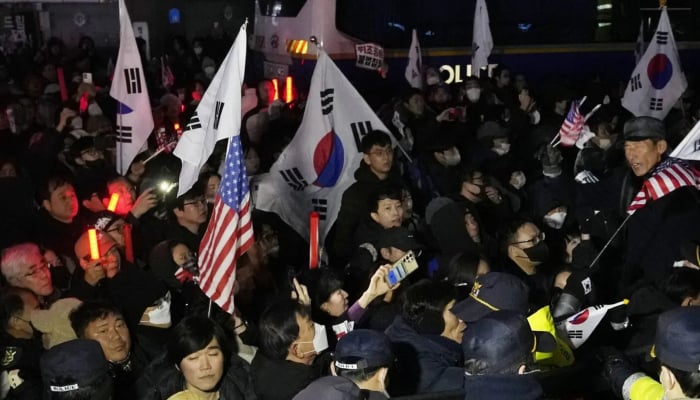

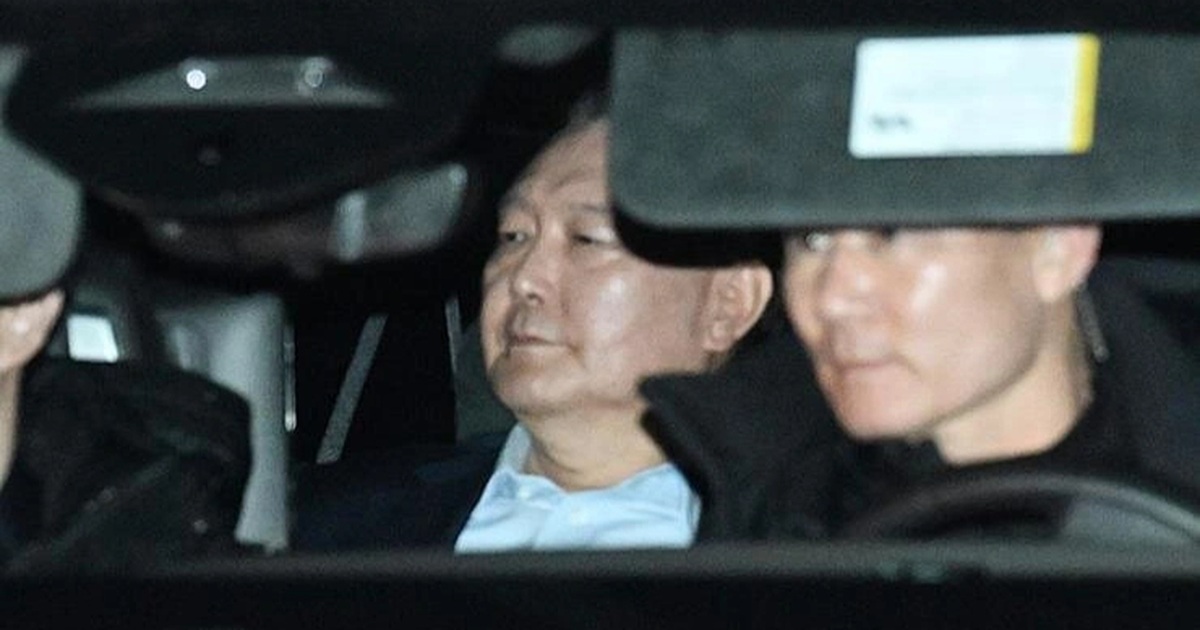

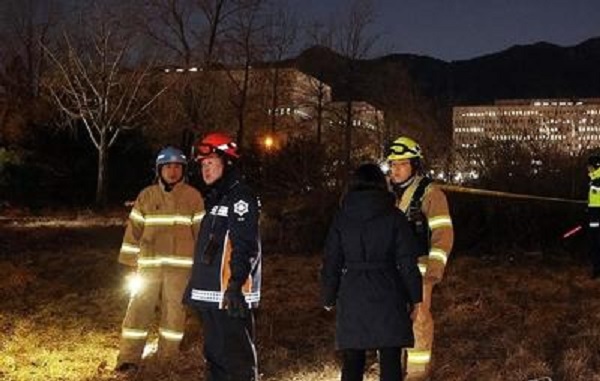
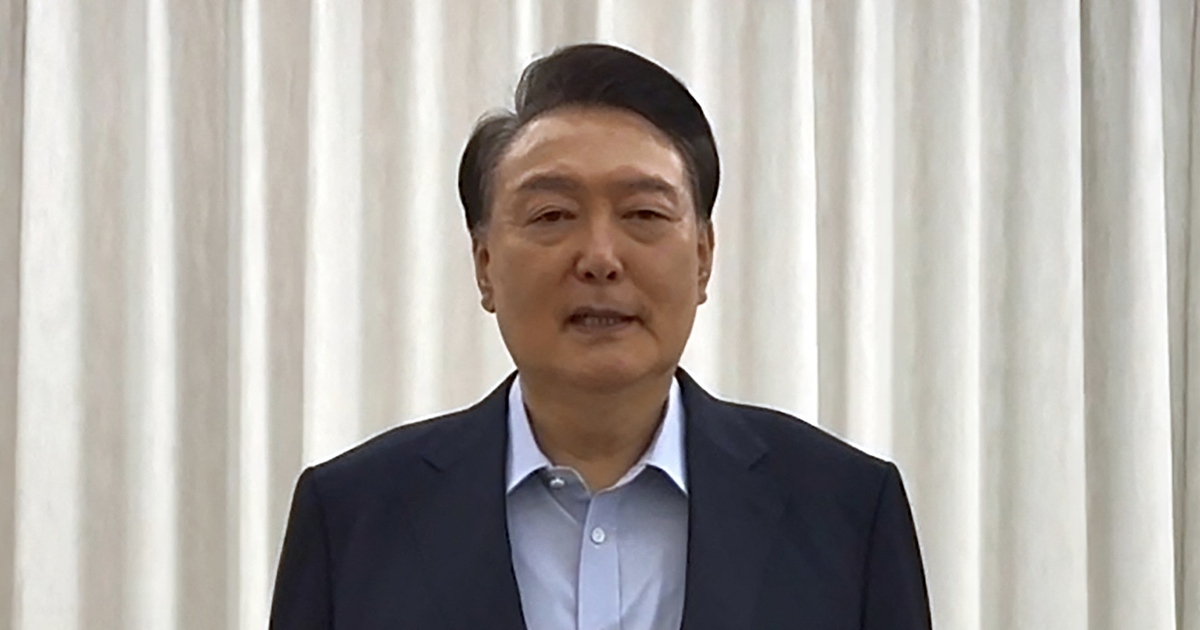

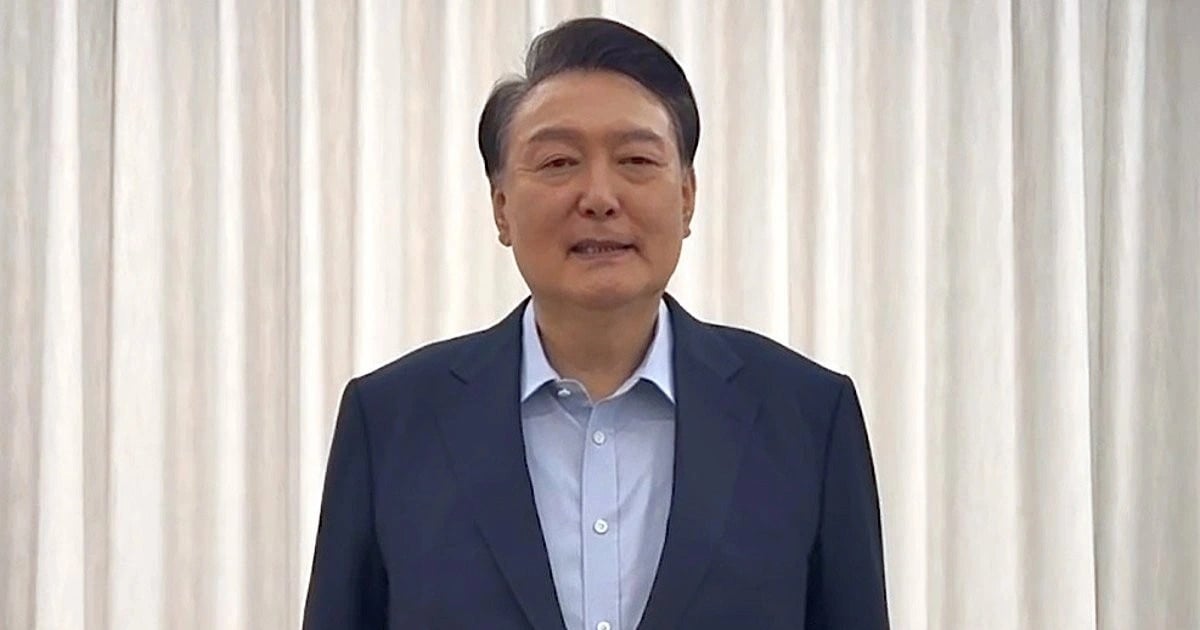
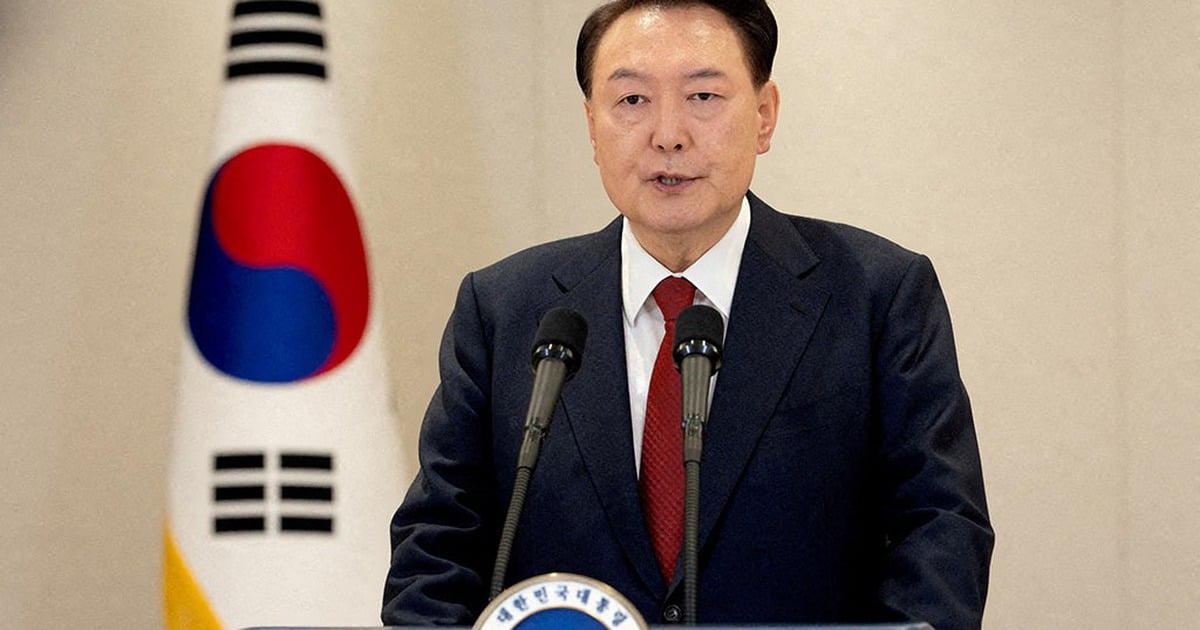


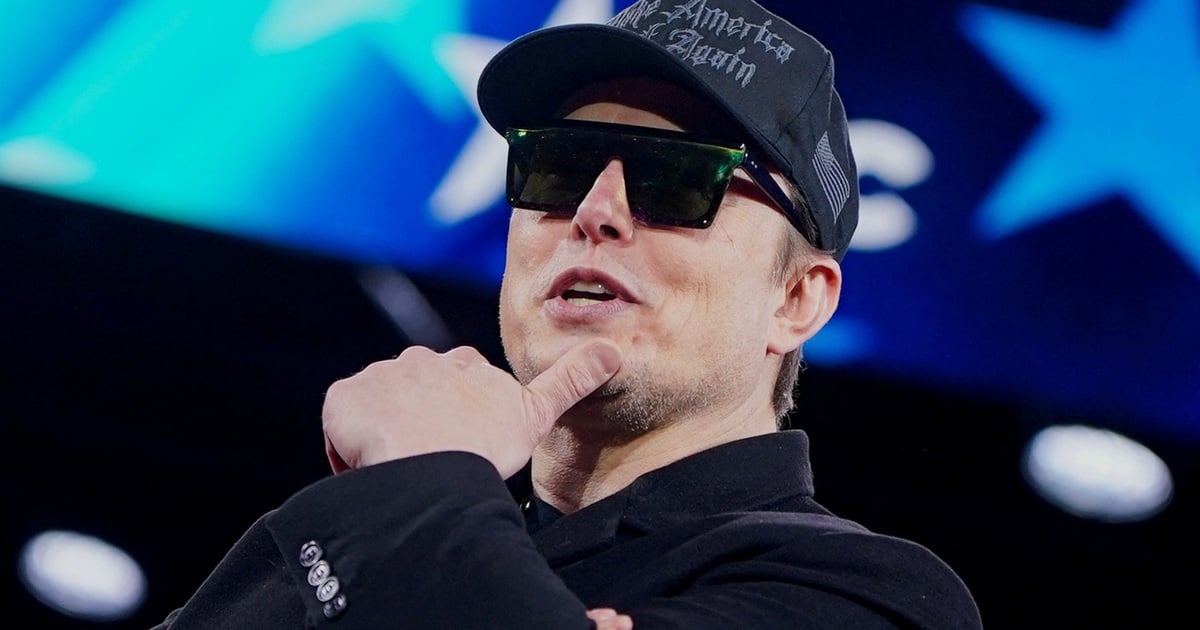

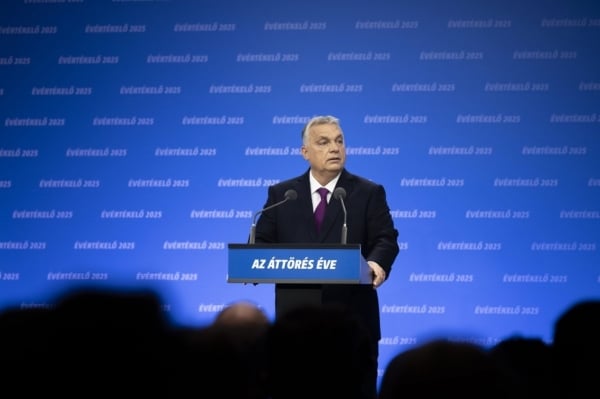


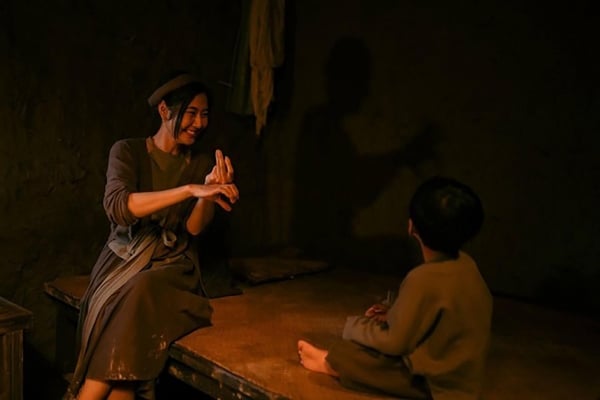
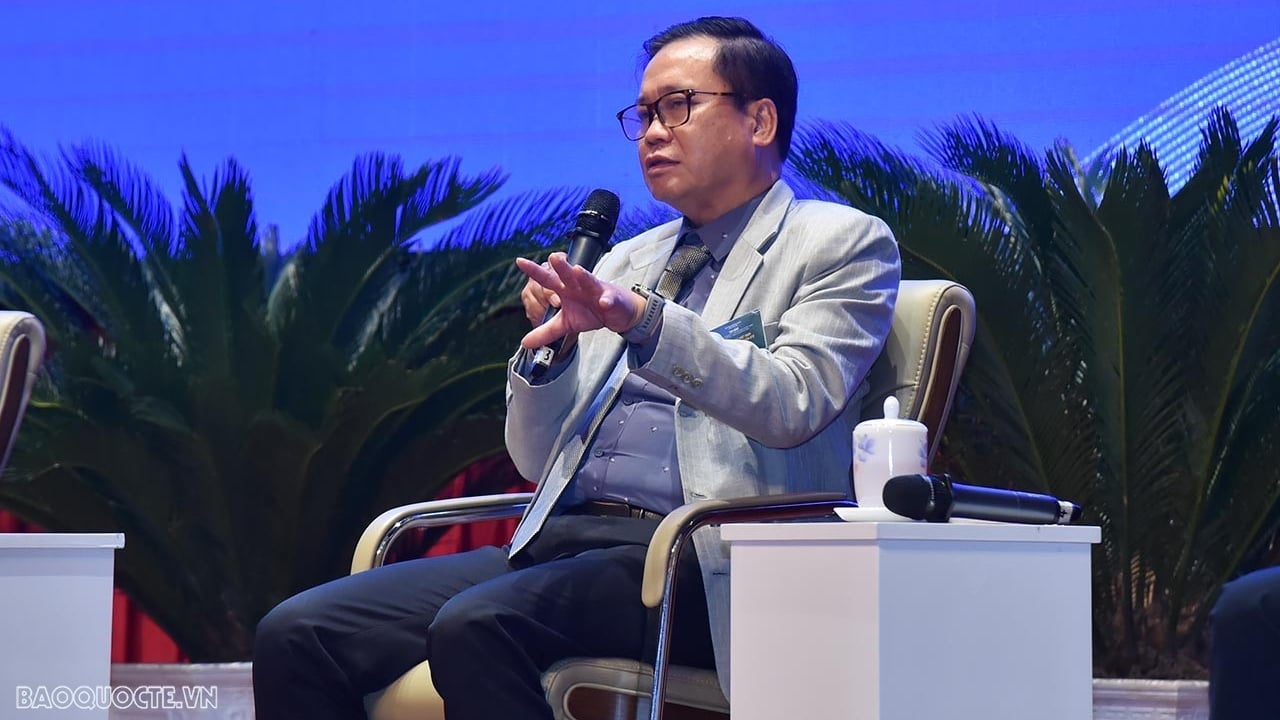

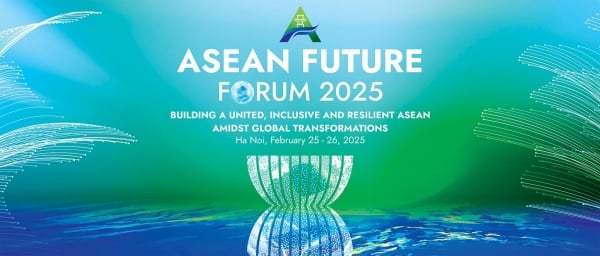
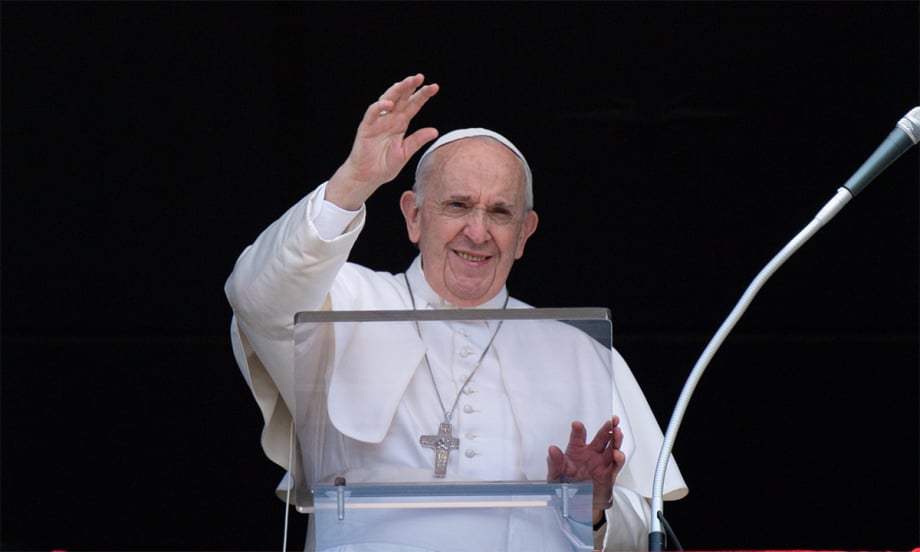







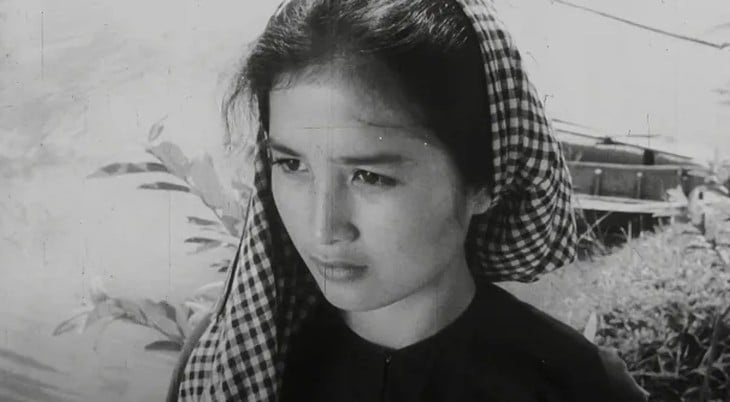


Comment (0)